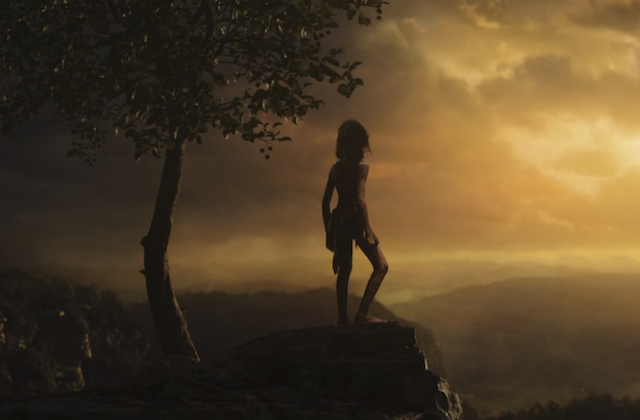Just in case the 1942, 1967, 1994 and 2016 film adaptations didn’t whet audiences’ appetite for racist depictions of South Asian civilizations, Netflix has them covered with a brand new screen adaptation of British writer Rudyard Kipling‘s "The Jungle Book."
Netflix debuted the trailer for "Mowgli: Legend of the Jungle" at a press event in Singapore yesterday (November 7). The film will begin a limited theatrical run on November 29 before arriving on the platform on December 7. Problem is, this movie does not need to exist at all. Here’s why:
1) We don’t need to revisit the work of racist writers.
According to Kipling’s biography on the Poetry Foundation‘s website, "The Jungle Book" was rooted in his childhood in British-controlled India. The tales of Mowgli—a boy raised among animals who wrestles with his connection to humanity—play into racist characterizations of colonized South Asians as uncivilized, brutish and animalistic. Depictions like Kiplings allowed colonial regimes around the world to justify authorities’ violent economic and cultural exploitation.
Kipling even coined a term for the imperialist enterprise—"The White Man’s Burden"—in a poem celebrating the United States taking control of the Philippines, Puerto Rico, Guam and Cuba after the Spanish-American War. Later in life, he would refer to British general Reginald Dyer, who ordered the 1919 massacre of hundreds of unarmed Indians in the holiest city of Sikhism as "the man who saved India." South Asians don’t need another reminder of the logic that justified White rule of elders and ancestors.
2) We don’t need another narrative of India that centers White artists.
Look at this screenshot from the trailer, which lists the movie’s main voice and live-action actors:
{{image:2}}
Aside from lead actor Rohan Chand ("The Hundred-Foot Journey") and Freida Pinto, the principal cast doesn’t even include any South Asian talent. Most of the animals are voiced by White actors from the very country that colonized India in the first place. Any hope that "Mowgli" could reliably turn the story’s racist roots on its head get (White)washed away by looking at the creative team, including director Andy Serkis and screenwriter Callie Kloves ("Seeker").
At least Nitin Sawhney, the pioneering British Indian composer behind the music in "The Namesake," will score the movie. That’ll be lit.
3) We don’t need a movie this backwards in an era of unprecedented South Asian screen representation.
Nevermind that "The Jungle Book" takes place in a country with the largest film industry in the world. South Asian actors are driving more projects than ever before. Netflix only needed to look inwards at some of the projects it greenlit—"Patriot Act with Hasan Minhaj" and "Sacred Games" among them—to realize how unnecessary "Mowgli" actually is.
